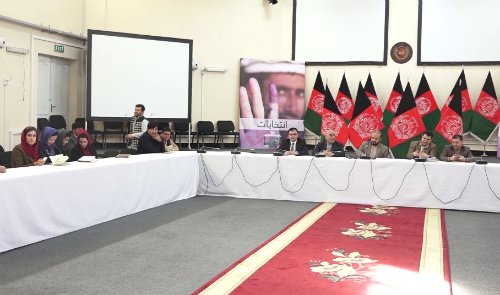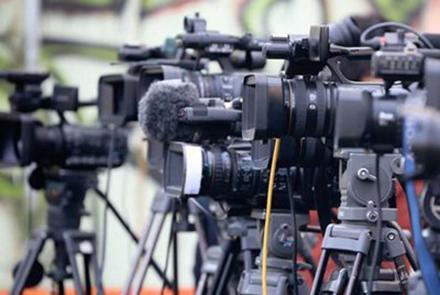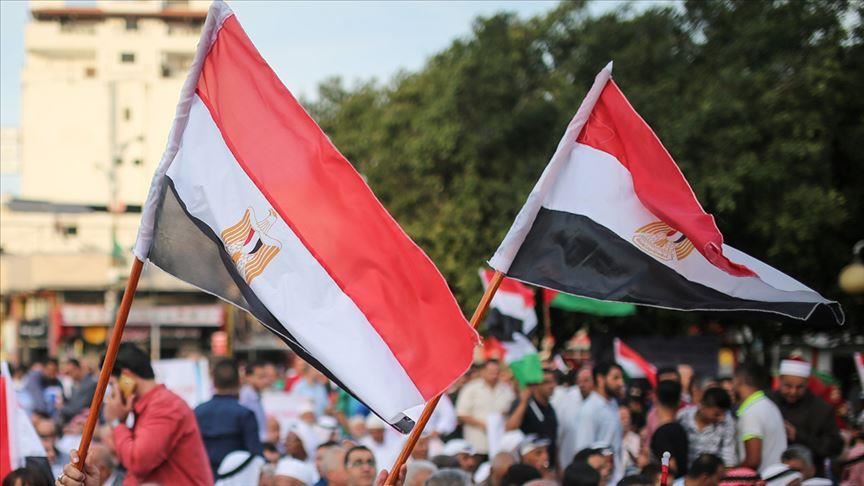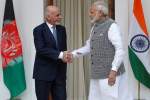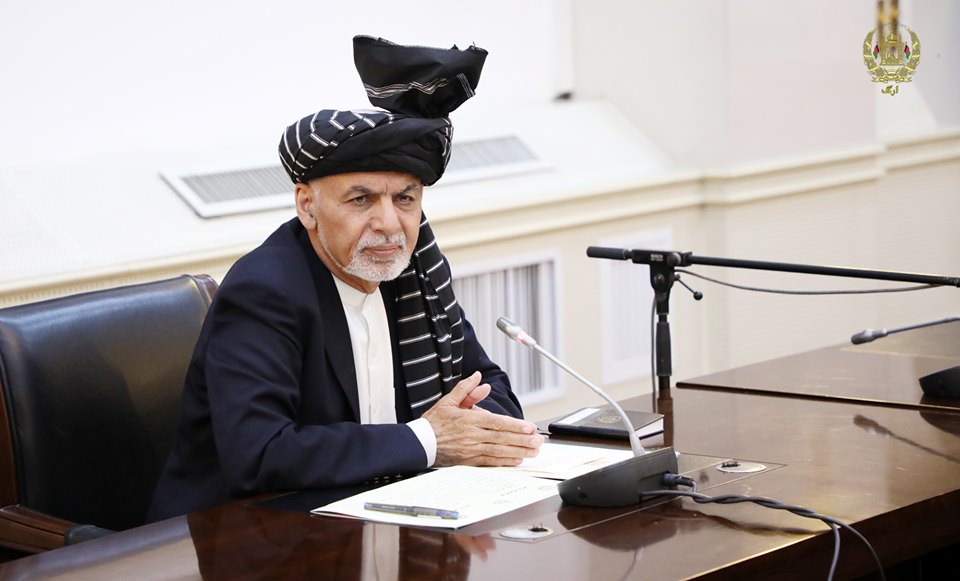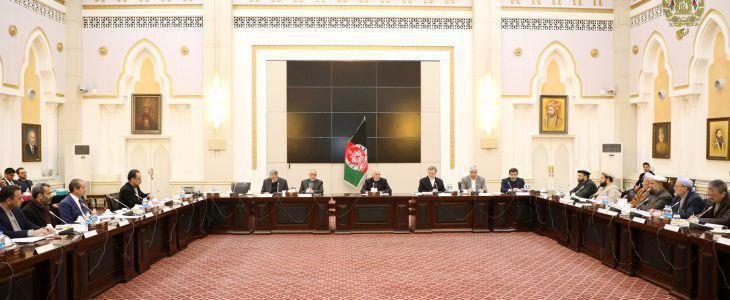Sources within the National Unity Government said the administration is working on a plan to amend the election law in order to pave the way to remove some election commissions’ officials.
Publish dateWednesday 23 January 2019 - 21:03
Story Code : 178440
The law was approved in 2013 and has 109 articles.
The sources added the amendments will be made public in a presidential decree based on which one member of the Supreme Court, one member of the Attorney General’s Office, one member of the Human Rights Commission, one member of the Independent Commission Overseeing the Implementation of the Constitution and one representative of civil society organizations will be appointed as members of the Independent Electoral Complaints Commission.
The sources said the decision has been made following widespread allegations of fraud and election irregularities in October 20 parliamentary elections.
The amendments will also include a change in the mechanism of the election commissions.
“Government is working on the range of the reforms. A final decision is yet to be made in this respect,” said Mohammad Hedayat, media advisor to Second Vice President Mohammad Sarwar Danish.
“Government of Afghanistan appreciates any move which is for transparency and reforms,” said Omid Maisam, deputy spokesman for Chief Executive Abdullah Abdullah.
According to the Constitution, the president has the authority to make a decision on the removal of election commissioners if documents prove that they are involved in corruption or in breaking the law.
The election commissions meanwhile said “no one” has the authority to remove members of the commissions without the permission of the law.
“Either members of the commission or other people in Afghanistan have to accept what law has said. Employment and removal of members of the election commission should be done based on the law,” said Hafizullah Hashemi, member of Independent Election Commission.
“Other individuals are not responsible for what one person has done at an organization. Justice should be served in such cases,” said Ali Reza Rouhani, head of the Independent Electoral Complaints Commission’s secretariat.
Election observer organizations have been consulted by government about reforming the election system, said Yusuf Rasheed CEO of Free and Fair Election Foundation of Afghanistan.
“Individuals who can restore people’s trust to the election commissions should be appointed as members of the institutions (the elections commissions),” he said.
At least 2,500 candidates ran for 249 seats in the Wolesi Jirga, the Lower House of Parliament, in the parliamentary elections while the IEC had 5,070 centers across the country.
According to the IEC, at least four million people voted in the elections.
Source : Tolo News
avapress.net/vdcdoj0fzyt05o6.em2y.html
Tags
Top hits
